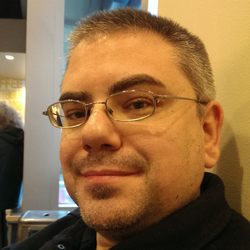news
The Copyright That Wasn't?
I was thinking about the ghosts of UNIX the other day, not in a supernatural sense, but wondering who actually holds the copyright monopoly on ancient UNIX? It's a question that seems straightforward, but asking it is like pulling a loose thread on a historical tapestry. Pull it, and you don't get a neat answer; you unravel a story of academic collaboration, corporate warfare, and two lawsuits that, when examined together, create a legal paradox so profound it calls into question the very existence of the copyright monopoly being fought over. This isn't a story about code; it's a detective story about a legal ghost - a copyright monopoly that has been bought, sold, and litigated, all while hiding a secret: it may not have been there at all.
The first half of the story begins not in a courtroom or a corporate boardroom, but at the University of California, Berkeley.
In the early 1970s, AT&T, where UNIX started, was operating under a consent decree that limited its ability to enter the computer business. As a result, its Bell Labs research division licensed early versions of UNIX to universities and research institutions for a nominal fee, including complete source code, although it wasn't free
At UC Berkeley, a team in the Computer Systems Research Group (CSRG) took the UNIX source code and began dramatically modifying and extending it. Beginning with Version 6 Unix, people like Bill Joy made what would become the Berkeley Software Distribution (BSD). The first release, 1BSD in 1978, wasn't a standalone operating system but a collection of add-ons and improvements to AT&T's V6.

